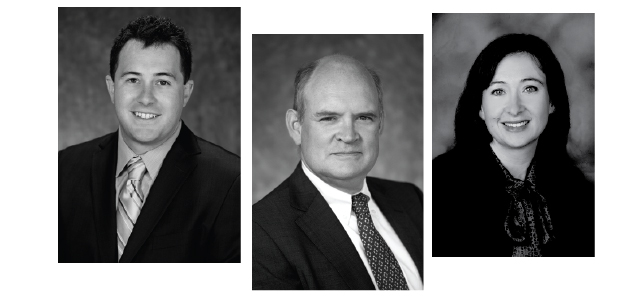In late February, BASF, along with the Los Angeles County Bar Association (LACBA), filed an amicus brief in a case before the Ninth Circuit Court of Appeals, which received widespread press coverage in the legal industry.
Kudos to BASF’s Amicus Curie Committee for the drafting of the brief, and specifically Christine Van Aken of the San Francisco City Attorney’s Office, Joshua Benson and Stephen Bundy, both of Taylor & Company Law Offices.
Benson provided a recap of the brief:
After the Heller Ehrman firm went out of business in 2008, a number of its shareholders joined other Bay Area firms. Some of Heller’s existing hourly clients then decided to move their pending matters to the new firms. The bankruptcy trustee, on behalf of Heller’s creditors, now asserts a claim to all profits earned by the new firms working on matters formerly pending at Heller. The trustee claims that those hourly matters were a “property interest” of Heller’s that was unlawfully appropriated by the new firms.
After extensive litigation in bankruptcy court, Judge Breyer awarded summary judgment to the defendant law firms and against the trustee’s claims on the ground that, at the time of its dissolution, Heller did not have a property interest in pending hourly fee matters.
The issue is now before the Ninth Circuit.
BASF partnered with LACBA to write the amicus brief from the perspective of client rights. Drawing on the California caselaw and the Rules of Professional Conduct, BASF and LACBA argued that protecting client interests required affirming Judge Breyer’s decision, for three main reasons:
- Clients have the absolute right to hire and fire counsel at any time, which means that clients, not lawyers, own client matters. A law firm therefore does not have a “property interest” in its clients’ hourly cases – particularly when the firm is on the brink of dissolution and unable to perform further work.
- Clients have the right to work with their counsel of choice following a law firm’s dissolution. If their preferred firm is forced to work at cost and remit all profits to creditors, the client’s choice of counsel is unduly restricted.
- The result sought by the bankruptcy trustee will destabilize law firms and damage client interests because it will encourage lawyers to leave at the first sign of financial weakness, rather than stay to try to save the firm.




